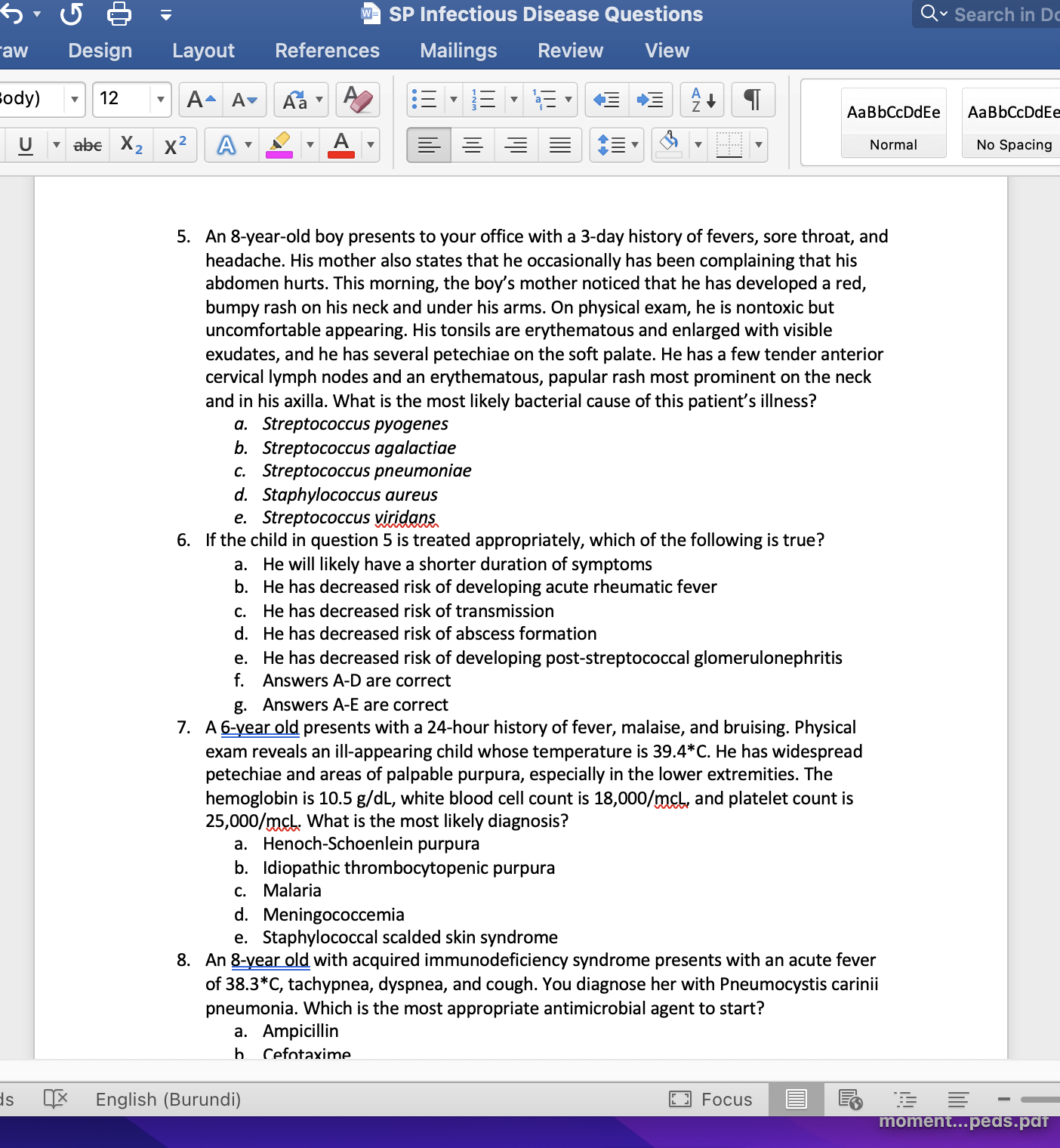Spoiler Alert! It's impossible to teach all of Pediatrics in 3 months. Thie blog post is more of a recounting of how I have ATTEMPTED to achieve this difficult challenge.
Many of you have probably heard of the "Stage Professionnelle" program that we offer at Kibuye Hope Hospital, a 12-month long rotating internship for doctors who have graduated medical school who want more training before heading off to practice medicine. They spend 3 months each on Pediatrics, Internal Medicine, Surgery, and OBGYN afterwhich they receive a certificate of completion. So during these 3 months on Pediatrics, we try to teach them as much as we can... this is how we have attempted to do it...
Alyssa had already started a curucilum based on a book "Blueprints" which is a guid for basic pediatric ideas. It's usually used by medical students on their Pediatric rotation in the United States, but thoguht it woudl be a good base for doctors here, as there was a short period of time to learn things. The goal was to cover one chapter a week.
Then I arrived in 2019 and was asked to be / volunteered to be (becasue it sounded fun!) heavily involved in the education of these interns. Here are the "steps" I've gone through in morphing this curriculum which is still in flux!
- As one about to teach Pediatrics in Burundi, I took everything I ever learned in my Peds training and put it into a context of a developing country with low resources with diseases not commonly found in the United States.
- I started making powerpoints that fit the needs of what I needed to teach each week.
- Little by little, I translated powerpoints into French. (because honestly my medical French was not that great. "Blueprints" is in English, and I needed to know how to say many of these things in our "work language" - French.)
- I gave a 1-hour lecture per week for 3 months on 12 important Pediatric topics.
- After giving lectures for a few months, I realized that maybe I added too much of what I shouldn't have (minutiae regarding specialty labs, MRIs, etc which are difficult to find in our context), and not enough of what I should have (more on physical exam, treatments that are available here, etc).
- Re-vamped lectures.
- I gave these lectures weekly over 2 years during our first term. I made small adjustments after each lecture, trying to taylor the learning time to fit the needs of the learners. I added in French articles from time to time on difficult subjects.
We ask for feedback from our interns after they ahve completed the rotation and one time someone said they wished there were more clinical scenarios accompanied by questions about treatment so they could learn what to do practically.
My residency program director in Greenville, SC noticed a long time ago that our pediatric board pass rate was not great for our graduates. She created a ciruculum where we would study a chapter or two in our huge Peds textbook, would have 50 take-home questions that we would have to answer and turn in, and also would have daily lecutres for one month pertaining to the subject for the month.
This commentary and feedback from the intern along with the curriculum that I went through during my 3-year pediatric residency made a lightbulb go off in my head. What if I try to do something similar with the interns here!?
Now, along with continuously altering my teaching style, powerpoints, and material, I am starting to write questions (and then translating them into French) that are relevant to our context but also teaches them things that they may need to know if they ever do a pediatric residency in another country. I'm hoping that this will increase their willingness to study/look for answers and ultimately improve the care provided to children in Burundi.
I love this part of my job and consider it a priviledge to teach these docs. Now, back to writing questions and translating them ◡̈





No comments:
Post a Comment